Belgrade: Kosovo talks tough, but successful
Yesterday’s Kosovo talks were gruelling, but successful, Belgrade negotiating team says.
Tuesday, 23.10.2007.
09:50

Yesterday’s Kosovo talks were gruelling, but successful, Belgrade negotiating team says. Foreign Minister Vuk Jeremic said that the beginning was especially difficult, when the question was put as to how to resume the process. Kosovo Minister Slobodan Samardzic said that at one point there was a danger of the process moving from the fundamental issue of status to relations between Belgrade and Pristina. Belgrade: Kosovo talks tough, but successful Samardzic said that yesterday’s talks returned the the question of status, which he viewed as a success for Belgrade. However, as is claimed within the Belgrade team, the Kosovo Albanians refused to talk about status, and felt it was unnecessary to develop an intellectual discussion on the matter. Prime Minister Agim Ceku said that conceptual differences existed between Belgrade and Pristina's stances. The next round of talks has been arranged for November 5 in Vienna, and is expected to revolve around the international mediating Troika document. The Serbian team also hopes that there will be an opportunity to respond to the document. To the Troika’s view that Belgrade should not govern Kosovo or even be physically present in the province, the team responded with the principle that it would not govern in those spheres that it did not wish to, but that those spheres it did want to retain control of would be defined by an agreement. Belgrade also rejected the Troika’s view that the two sides had to develop special relations, as it felt that there was no room for special relations until the matter of Kosovo’s status had been settled. In response to the Troika’s view that relations between Belgrade and Pristina had to be solved by peaceful means, Belgrade sought a supplementary provision that both sides should refrain from unilateral acts. Vuk Jeremic (FoNet, archive) “Danger of endless negotiation“ The Kosovo negotiating process has become stronger and more dynamic, but it is not enough to guarantee a speedy resolution to the problem, says Russian representative to the international mediating Troika, Aleksandr Botsan-Kharchenko. Late last night in Vienna, Kharchenko said that, in an attempt to stimulate discussions, the Troika had proposed to the negotiating teams an outline of elements in order to define areas where, in spite of all the general disagreement and dissension, the two sides’ opinions converged and were even identical. "This assessment will continue during the next round of talks in Vienna on November 5," said the diplomat. “The Troika is simply trying to direct the dialogue within concrete frameworks, and not think up models for solving the problem. We are staying faithful to our mandate of reaching a solution, without imposing anything on the sides, as solution through talks is the only basis for a lawful and durable solution to the Kosovo problem,“ said Kharchenko. EU Troika representative Wolfgang Ischinger said that it was dangerous to negotiate endlessly over Kosovo, and that a result could be reached by December 10, provided the political will existed in Belgrade and Pristina. “Resolving the Kosovo situation won’t get any easier with further postponements, only harder. We have to decide now. Such is the opinion of the UN Secretary General, and indeed the Russians,“ Ischinger told Austrian daily Presse. “Applying certain pressure by setting deadlines is not such a bad thing. Had we not given ourselves a deadline of 120 days, but 1200, we would not be at the stage we are now. We can achieve results within the remaining timeframe provided the necessary political will exists on both sides,“ he said. Svilanovic: Differing interpretations Goran Svilanovic says that the mediating Troika attempted to summarize proposals and negotiations so far. The former foreign minister said that the issue of Kosovo’s status was not included in the document, and that this could lead to difficulties in the negotiating process. “If you choose to omit that issue, you reach a situation where both sides can interpret the document how they like. Belgrade can say that they find those elements acceptable, provided that they do not imply autonomy,“ said Svilanovic. “Pristina can do the same, with the explanation that once December 10 comes round, they can declare independence, while accepting everything on paper,“ he added. “This has led to a major crisis in the talks, and it’s good that we’ve got a little break now, not too long, where the Troika can respond to the proposals of both delegations,“ the former foreign minister surmised. “The proposed document is acceptable to both sides, they can each define status how they like, while the talks are in fact about status and the name of that status. Until that is put down on paper, this kind of to-ing and fro-ing will continue,“ said Svilanovic. The Troika can go one step further and add some amendments proposed by Belgrade to the document, but then it’s a question of whether those amendments will be acceptable to Pristina. I’m worried we’re going to be going around in circles at the next round of talks,“ he concluded.
Belgrade: Kosovo talks tough, but successful
Samardžić said that yesterday’s talks returned the the question of status, which he viewed as a success for Belgrade. However, as is claimed within the Belgrade team, the Kosovo Albanians refused to talk about status, and felt it was unnecessary to develop an intellectual discussion on the matter.Prime Minister Agim Ceku said that conceptual differences existed between Belgrade and Priština's stances.
The next round of talks has been arranged for November 5 in Vienna, and is expected to revolve around the international mediating Troika document. The Serbian team also hopes that there will be an opportunity to respond to the document.
To the Troika’s view that Belgrade should not govern Kosovo or even be physically present in the province, the team responded with the principle that it would not govern in those spheres that it did not wish to, but that those spheres it did want to retain control of would be defined by an agreement.
Belgrade also rejected the Troika’s view that the two sides had to develop special relations, as it felt that there was no room for special relations until the matter of Kosovo’s status had been settled.
In response to the Troika’s view that relations between Belgrade and Priština had to be solved by peaceful means, Belgrade sought a supplementary provision that both sides should refrain from unilateral acts.
“Danger of endless negotiation“
The Kosovo negotiating process has become stronger and more dynamic, but it is not enough to guarantee a speedy resolution to the problem, says Russian representative to the international mediating Troika, Aleksandr Botsan-Kharchenko.Late last night in Vienna, Kharchenko said that, in an attempt to stimulate discussions, the Troika had proposed to the negotiating teams an outline of elements in order to define areas where, in spite of all the general disagreement and dissension, the two sides’ opinions converged and were even identical.
"This assessment will continue during the next round of talks in Vienna on November 5," said the diplomat.
“The Troika is simply trying to direct the dialogue within concrete frameworks, and not think up models for solving the problem. We are staying faithful to our mandate of reaching a solution, without imposing anything on the sides, as solution through talks is the only basis for a lawful and durable solution to the Kosovo problem,“ said Kharchenko.
EU Troika representative Wolfgang Ischinger said that it was dangerous to negotiate endlessly over Kosovo, and that a result could be reached by December 10, provided the political will existed in Belgrade and Priština.
“Resolving the Kosovo situation won’t get any easier with further postponements, only harder. We have to decide now. Such is the opinion of the UN Secretary General, and indeed the Russians,“ Ischinger told Austrian daily Presse.
“Applying certain pressure by setting deadlines is not such a bad thing. Had we not given ourselves a deadline of 120 days, but 1200, we would not be at the stage we are now. We can achieve results within the remaining timeframe provided the necessary political will exists on both sides,“ he said.
Svilanović: Differing interpretations
Goran Svilanović says that the mediating Troika attempted to summarize proposals and negotiations so far.The former foreign minister said that the issue of Kosovo’s status was not included in the document, and that this could lead to difficulties in the negotiating process.
“If you choose to omit that issue, you reach a situation where both sides can interpret the document how they like. Belgrade can say that they find those elements acceptable, provided that they do not imply autonomy,“ said Svilanović.
“Priština can do the same, with the explanation that once December 10 comes round, they can declare independence, while accepting everything on paper,“ he added.
“This has led to a major crisis in the talks, and it’s good that we’ve got a little break now, not too long, where the Troika can respond to the proposals of both delegations,“ the former foreign minister surmised.
“The proposed document is acceptable to both sides, they can each define status how they like, while the talks are in fact about status and the name of that status. Until that is put down on paper, this kind of to-ing and fro-ing will continue,“ said Svilanović.
The Troika can go one step further and add some amendments proposed by Belgrade to the document, but then it’s a question of whether those amendments will be acceptable to Priština. I’m worried we’re going to be going around in circles at the next round of talks,“ he concluded.


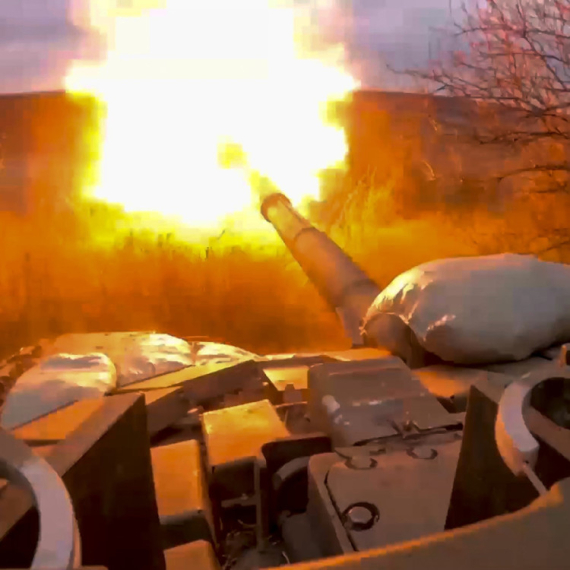
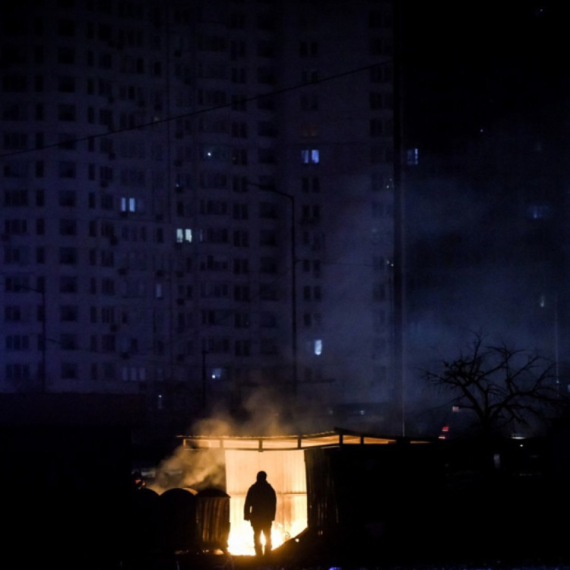
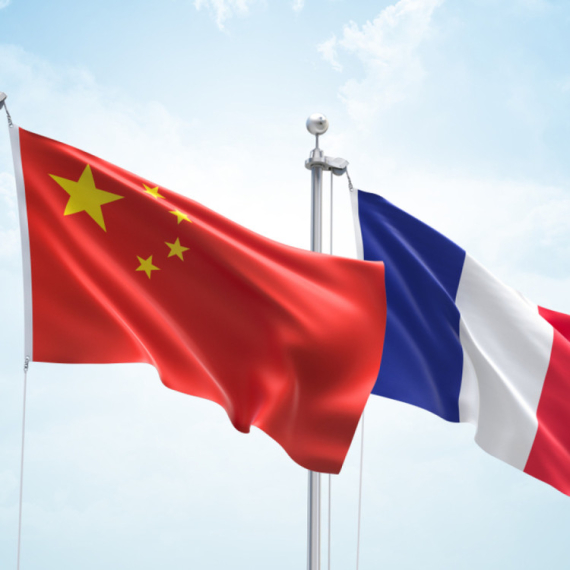
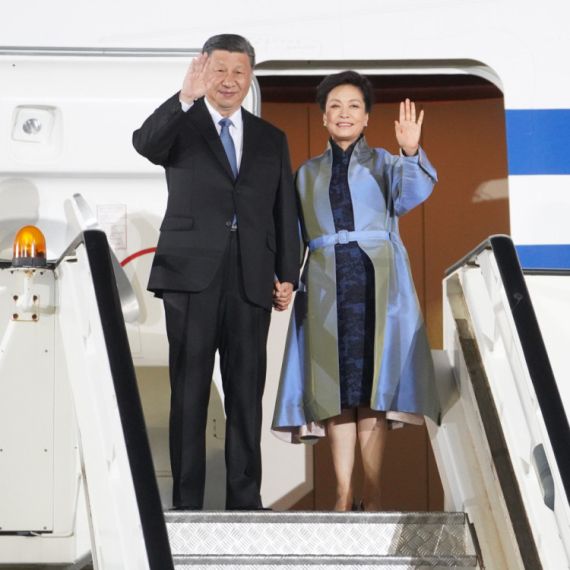










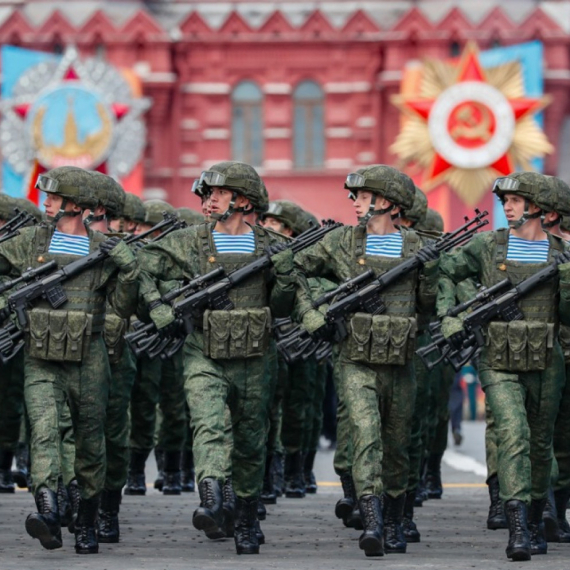
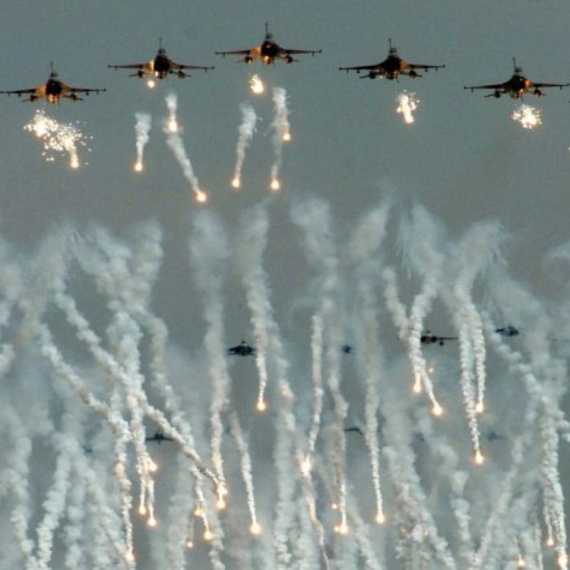

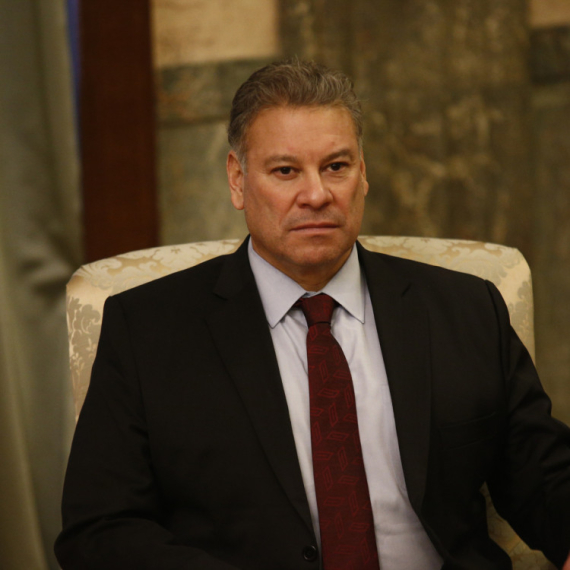



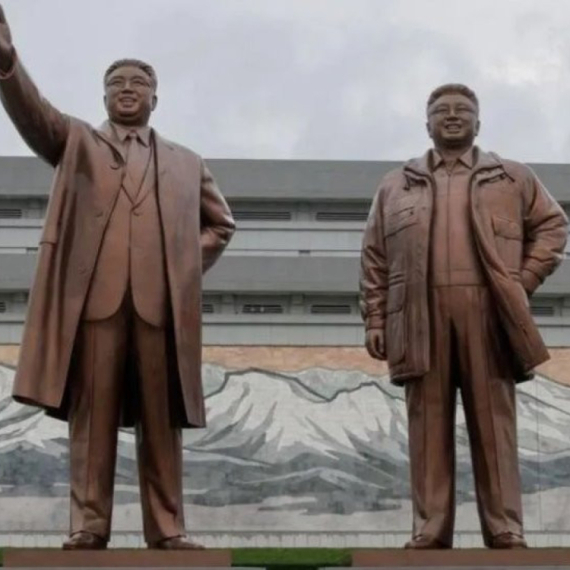
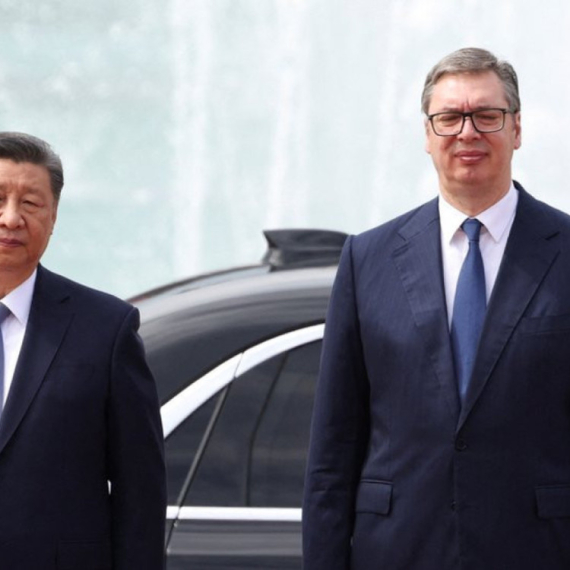

Komentari 23
Pogledaj komentare